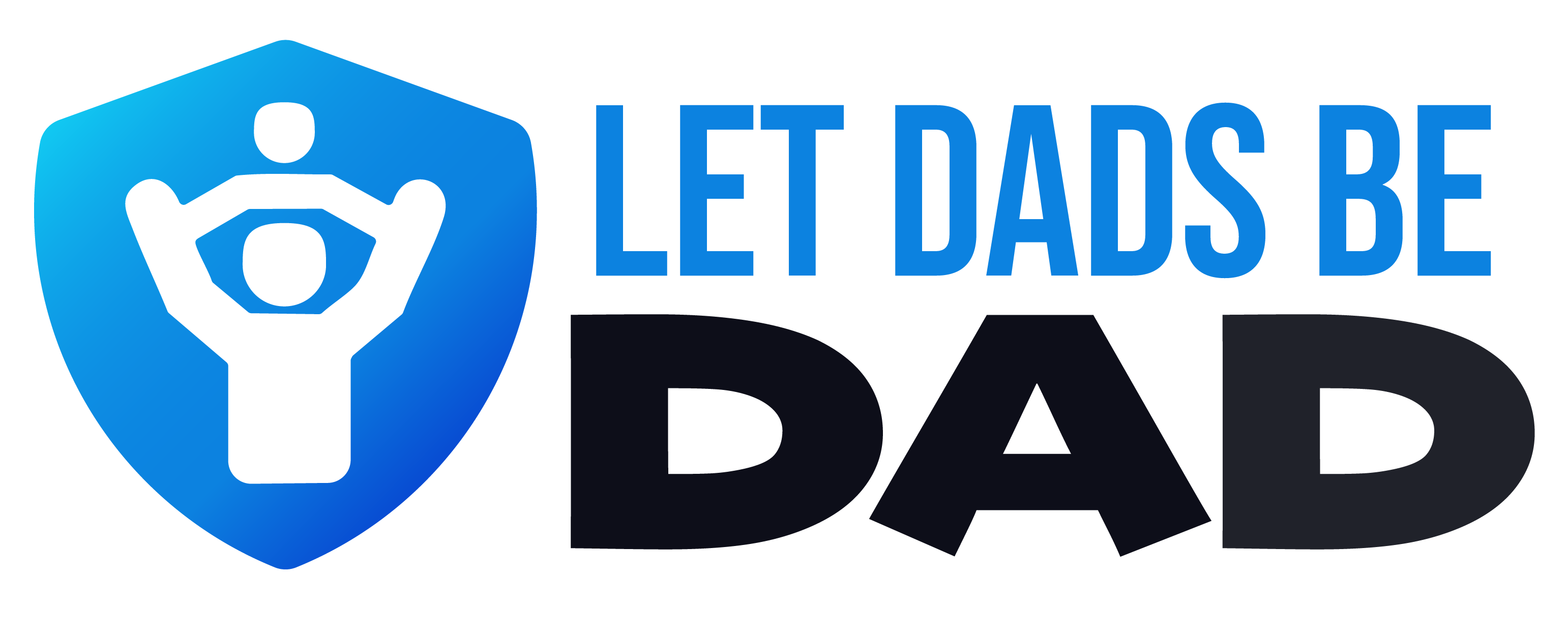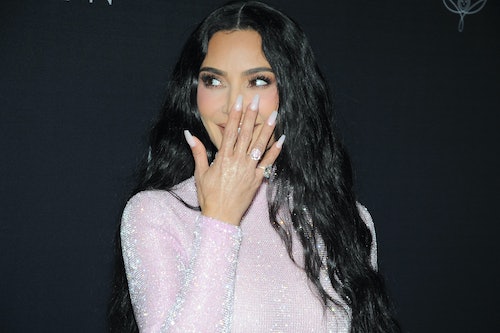Kim Kardashian’s Manny Dilemma
— Paul Bruinooge/Patrick McMullan/Getty Images
Parenting is hard. And single-parenting is even more challenging, a reality that has not been lost on Kim Kardashian following her February 2021 divorce from Ye, the controversial and often problematic rapper formerly known as Kanye West.
“It’s really hard for me to be really strict and to discipline a lot,” the mother of four explained on a recent episode of The Kardashians. “My parents weren’t strict at all. And sometimes, because I’m really busy, it would be amazing if I had a partner that would come in and tap me out and take over and handle (the kids), you know, but it can’t happen like that.”
So Kardashian decided to hire a male nanny — affectionately (or diminutively, your choice) known as a manny — to bring more male energy to the home and help with the day-to-day duties of raising multiple kids, and especially to provide a positive male influence for her 7-year-old son Saint.
“I do think that my household — and even in our family — it’s, like, very female-dominated,” she said in the same episode. “I really wanted a male around that was going to be picking him up and taking them to sports.”
Admittedly, it’s nearly impossible to read Kardashian’s statements and ignore the privilege and disconnect she has from the reality of life for non-celebrity parents. With an estimated net worth of $1.7 billion, Kim Kardashian obviously operates differently in the world than most other parents. So, the idea of Kardashian outsourcing masculine tutelage is easy to reject out of hand.
That being said, no matter how you feel about the gendered implications of how Kardashian has constructed her household labor force, she’s reacting to a legitimate need for herself and her kids and filling that void as best she can.
Because at the end of the day, dads and other positive male role models matter. A lot. Fatherly’s previous reporting on the so-called “Father Effect” has highlighted how kids who grow up with a present, engaged dad have lower incarceration rates, higher graduation rates, engage in less risky behavior, and endure fewer psychological problems than kids whose fathers aren’t involved in their lives.
One might think that schools would be a place where most kids could have exposure to positive male role models, but that’s simply not the case. The average teacher in the United States is a 43-year-old white woman, as 76.5% of the teacher workforce identifies as female, according to the U.S. Department of Education’s National Teacher and Principal Survey. The presence of male teachers is even rarer for younger kids, as 80.5% of elementary school teachers are female.
A report from New America on men who are professional caregivers — a group that includes early childhood educators — highlights some of the societal perceptions that contribute to these disparities. Specifically, these men face stigma “tied to the stereotypical gendered belief that women are more naturally suited to care work and men to competitive work.” When family dynamics collide with those strong societal forces, the riddle of how to solve the gap of male influences in a child’s life has few easy answers.
But engaged parents like Kardashian will do what they can to fill those gaps, even if the solutions are imperfect and admittedly transactional. After all, it may work for Kim, but for most families, filling the gap of a lack of male caregivers isn’t typically as accessible as making a hire.


